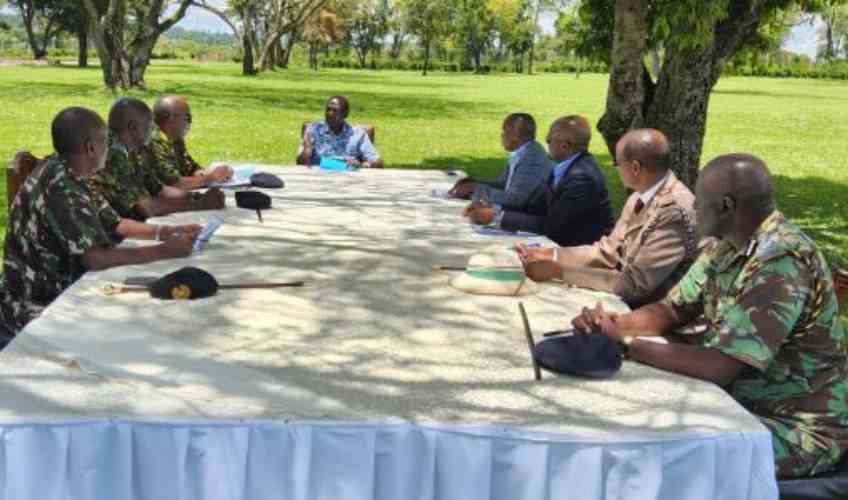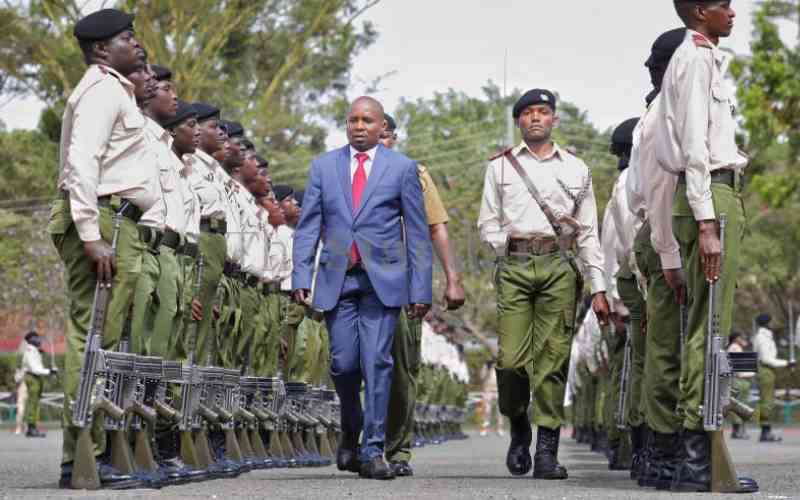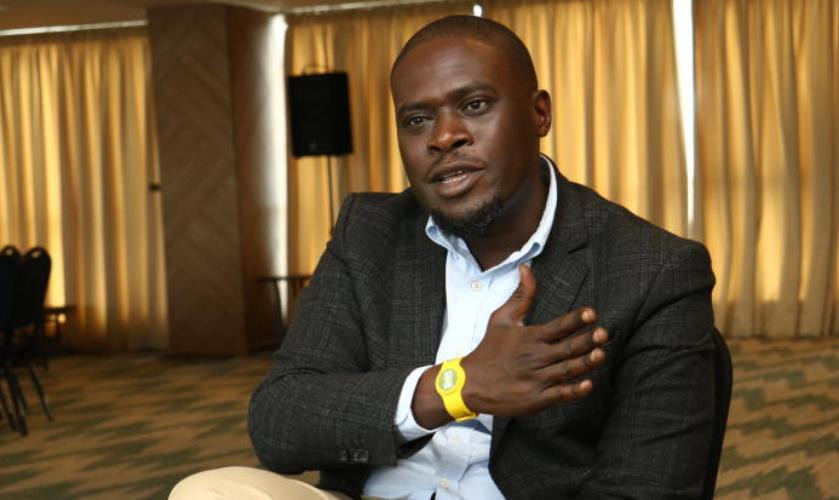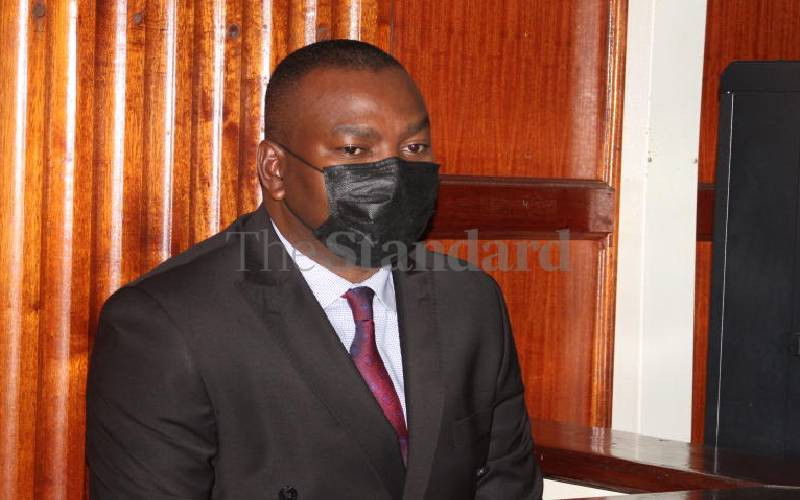The opening of the Dandora Social Justice Centre was well attended this week. Hundred community members, area MCA and representatives of the Nairobi County Government, National Police Service and civic organisations turned up. Behind the launch is at least 50 years of bottom up community organising for dignity and social justice.
There are now at least 10 such social justice centers in various stages of formation across the country. The other more established ones can be found in Mathare, Kaloleni, Kamkunji, Kiambiu, Langata and others. Youthful leadership, a love for the country’s Constitution and community development and advocacy programs characterise them. Blinded by inequality, violent crime and essential services neglect, their history and challenges are not known by the middle class.
In the early 1970s, three legal firms Kaplan and Stratton, Daly and Figgis Advocates (now known as Daly & Inamdar) and Hamilton Harrison & Mathews established a legal advice program in Shauri Moyo. The firms operated under the Law Society of Kenya (LSK) and the patronage of former Attorney General Charles Njonjo. Through programs like these, a diverse set of young law university students and lawyers like Shadrack Gutto, Murtaza Jaffer, Willy Mutunga, Jane Weru, Christine Bodewes and Greg Darr would increasingly find themselves in Korogocho and other neighborhoods in the 1980s and 1990s.
Another legend entered our urban history at this point. A Catholic missionary from Italy, he had already spent a decade challenging aid corruption, protecting the Nuba people of South Sudan and advocating for African traditional religions to be accepted by the Vatican. For years Camboni Father Alex Zanotelli lived, ministered and coached leaders from St Johns church in Korogocho, Kariobani North.
Neglect, corruption and the fight to control public spaces characterised the slums. Legal assistance for the poor turned into community empowerment, court litigation and policy advocacy by urban poor movements like Muungano wa Wanavijiji. Over the last two decades, they have mapped and trained communities, built savings groups and urban funds and engaged slum upgrading Government programs to create Special Planning Areas.
The new generation of Social Justice Centers grow from this history. Issues such as sex trafficking, violence against women, unlawful police killings, joblessness, hopelessness and anger pre-occupy their attention. Growing trees along the Mathare river, establishing business cooperatives and breaking down ethnicity are new pre-occupations.
If the middle class wants to shake off the perception that they are a “fairly useless demographic,” they must look beyond the Raila-Uhuru handshake. They must demand that the Building Bridges Secretariat, County and National Government get practical. Perhaps the collapsed National Youth Services buildings and programs that lie decaying in these communities could be made available to these organisations.
Instead of criticising that indefatigable public interest litigator Okiya Omtatah, the LSK could unleash a series of Article 43 and dignity class action suits. NGOs should really place their human and financial resources at the disposal of the centers. Our Officers in Charge of Stations must strictly manage their subordinates, yield to oversight by the Internal Affairs Unit and Independent Policing Oversight Authority and actively seek community policing programs with the centers and other community initiatives.
Toi market trader and Muungano national leader Joe Muturi puts it this way. “Things have changed. We have moved from the streets and gone to the negotiating table. For me it doesn’t always have ?to be a fight. If you look at what we have achieved for all these years by sitting down, negotiating and collecting information, it’s more than just moving in the streets saying, ‘We don’t have’.” The question is, is the rest of the country willing to meet them halfway?
Irungu Houghton is Amnesty International Executive Director. Twitter: @irunguhoughton
 The Standard Group Plc is a
multi-media organization with investments in media platforms spanning newspaper
print operations, television, radio broadcasting, digital and online services. The
Standard Group is recognized as a leading multi-media house in Kenya with a key
influence in matters of national and international interest.
The Standard Group Plc is a
multi-media organization with investments in media platforms spanning newspaper
print operations, television, radio broadcasting, digital and online services. The
Standard Group is recognized as a leading multi-media house in Kenya with a key
influence in matters of national and international interest.
 The Standard Group Plc is a
multi-media organization with investments in media platforms spanning newspaper
print operations, television, radio broadcasting, digital and online services. The
Standard Group is recognized as a leading multi-media house in Kenya with a key
influence in matters of national and international interest.
The Standard Group Plc is a
multi-media organization with investments in media platforms spanning newspaper
print operations, television, radio broadcasting, digital and online services. The
Standard Group is recognized as a leading multi-media house in Kenya with a key
influence in matters of national and international interest.








